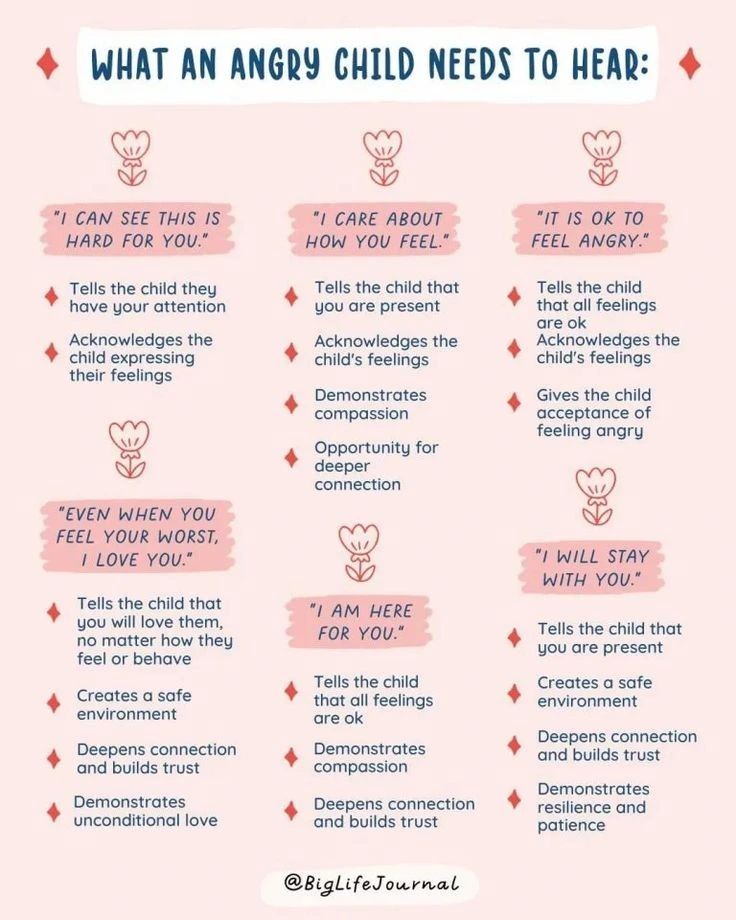About 45,000 children talked to Childline last year about bullying. However, many children do not report the bullying to an adult.
One of the indicators of a child being bullied is that they become bullies themselves. This does not happen to every child who is bullied, but for those who find themselves caught in this process, the reasons why are less conscious than you might expect.
All of us as human beings and one of our needs is the need for significance. This doesn’t always manifest itself as the need to become a famous celebrity (though it does for some) or to be a continual centre of attention. Feeling significant can come from our status amongst our peer group or the degree of respect we feel that others are giving us.
When a child is bullied, they tend to feel insignificant, whereas the bullies’ status of significance increases.
Feeling our significance status increase is actually quite addictive. It could be similar to the rush or adrenaline and dopamine that someone experiences when they win at an important event.
For some, those feelings can become an addiction. That’s not to say that a bully is addicted to bullying, by they are addicted to the emotional rush that they get from doing it.
So imagine if you are the victim in this scenario, and you are experiencing quite the opposite effect. The significance is being wrenched away from you. In fact, you are being made to feel like an idiot, humiliated and hated. How are you going to get your significance back?
One way is to tell someone so that the bullying stops. Over time you can rebuild your confidence and start to feel like a worthwhile, significant young person once again.
Another way would be to tell someone but to remain in the victim mentality, allowing the significance to rebuild from the sympathy and pity you get from those who love, care about or feel sorry for you.
The third way is to snatch back your significance by making yourself more superior and more significant than others. A victim who becomes a bully, is not longer stuck with the label and emotions of being a victim. They very quickly develop a secondary world where they can be king (or at the very least a dictator).
Not every child who is bullied will become a bully. Hopefully, most will be equipped with the confidence to make the right judgement call about how to reach out in such an uncomfortable situation. However, some children who are bullies are doing so because they themselves are being bullied.
It is therefore important that when parents, teachers or schools consider the punishment of a bully, they consider too what pain or hurt that bully must be experiencing in their own lives to think it is alright to treat others badly in order to help themselves feel better.
On that note, it is not simply a case of punishment, but of also helping the bully to understand the impact of their actions and reactions upon others.
By Gemma Bailey www.NLP4Kids.org/gemma-bailey




